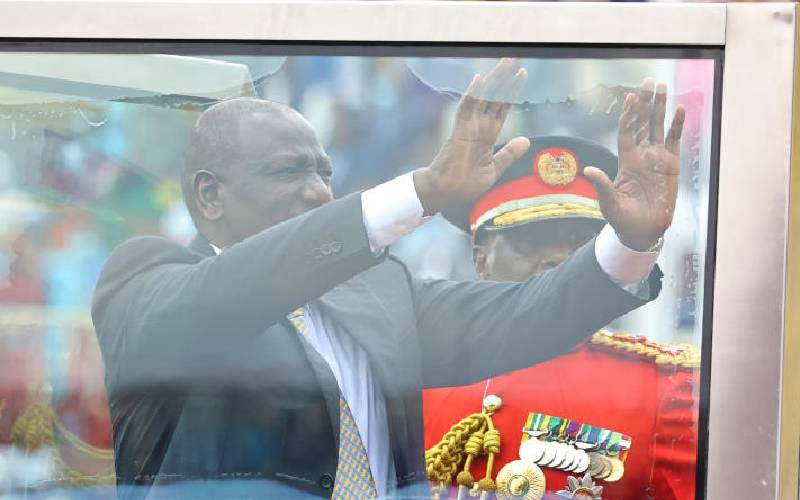
President William Ruto faces a major acid test as pressure piles on his administration to bring down the high cost of living.
Restless Kenyans want the new administration to put measures in place to shield consumers and companies from the full impact of surging energy and food costs. Ruto faces the dilemma of trying to reduce the fiscal hit from vast subsidy bills on strained public finances placed by the previous government and the need for economic reform amid the risk of rising discontent and social unrest if the economic situation gets worse.







